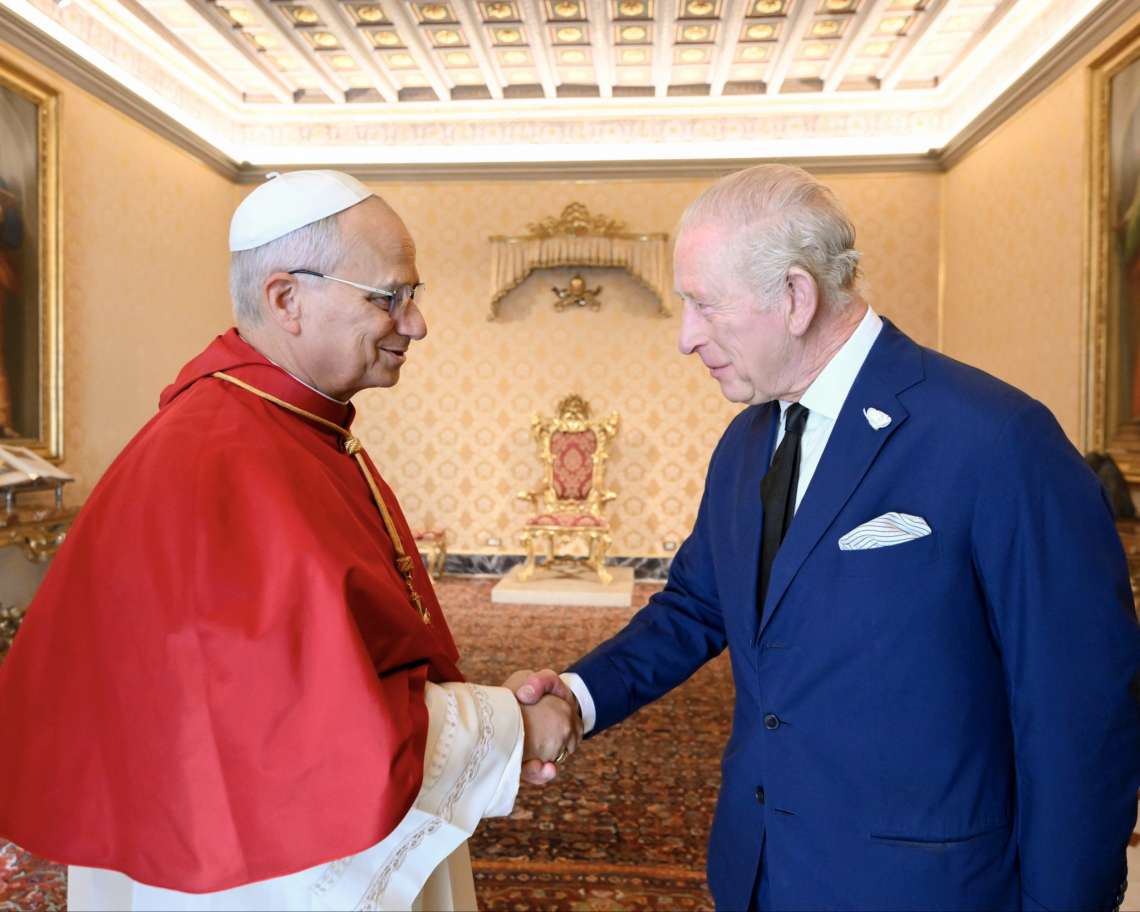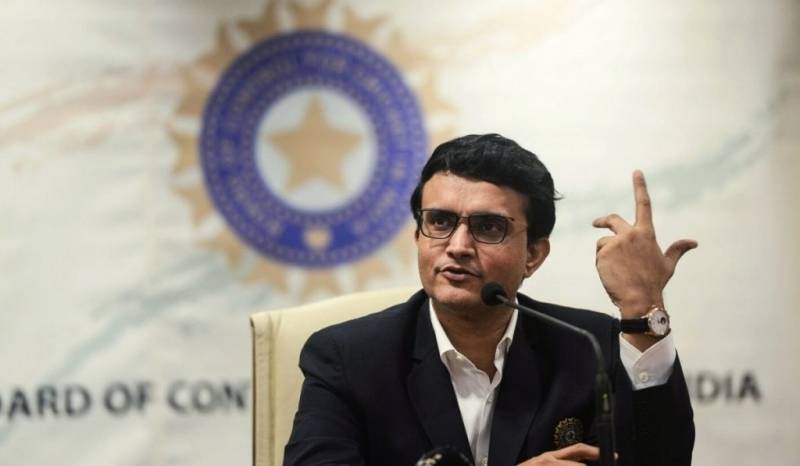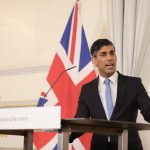That more upbeat assessment also allowed the government to predict it would be able to restore aid spending in 2024/2025 because the fiscal tests it had set for doing so would be met by then – earlier than previously forecast…reports Asian Lite News.
Britain’s spending on foreign aid should return to 0.7% of economic output by 2024/25, finance minister Rishi Sunak said on Wednesday, having temporarily ditched that target last year to help pay for the government’s pandemic response.
Prime Minister Boris Johnson has faced heavy criticism of the decision to cut aid spending to 0.5% of GDP, including from some within his own Conservative Party who said it undermined Britain’s global image at a time when it was trying to build new post-Brexit alliances.
Official budget forecasts on Wednesday showed the British economy bouncing back from Covid-19 more strongly than expected, allowing Sunak to announce billions of pounds of tax cuts and new public spending.
That more upbeat assessment also allowed the government to predict it would be able to restore aid spending in 2024/2025 because the fiscal tests it had set for doing so would be met by then – earlier than previously forecast.
The test for returning to 0.7% is that “on a sustainable basis the government is not borrowing for day-to-day spending and underlying debt is falling.” The government’s spending plans set aside 5.2 billion pounds in 2024/25 to pay for the increase, but that remains conditional on the tests continuing to be met until that time.
Campaigners raised concerns about a lack of detail around how the money would be spent – fearing Britain would try to broaden the classification of what counts as aid, resulting in less money going to where they say it is needed.
“Having already shrunk the UKs support for development, implementing further cuts by stealth would exacerbate the challenges of climate and COVID already faced by developing countries,” said Amy Dodd, Director of Development Finance Policy at campaign group ONE.
The budget documents set out in broad terms a shift in British aid spending towards bilateral aid programmes – part of recently-appointed foreign minister Liz Truss’s stated aim to tie her foreign policy more closely with Britain’s commercial, defence and security interests.
It did not set out details of any reduction in funding to multilateral agencies.
ALSO READ-Sunak delivers Budget for stronger economy
READ MORE-All eyes on Sunak ahead of Budget 2021














